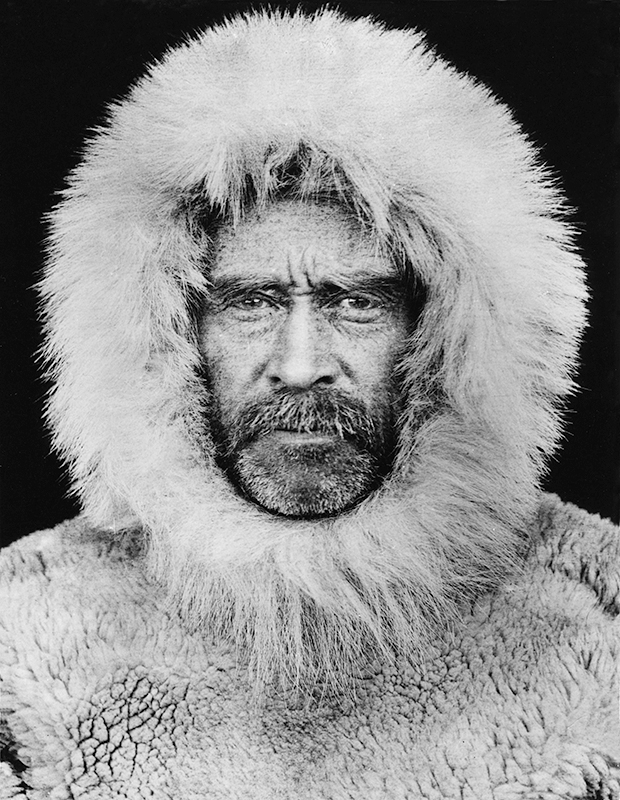
Benedict Allen has narrated this article for you to listen to.
I’m not altogether a fan of what the writer Sara Wheeler has called the Big Willie school of expeditions. ‘To me,’ I once intoned loftily, ‘exploration is not about conquering nature or planting flags or going where no one’s gone before in order to make a mark. Rather the opposite.’ It’s more about a spirit of inquiry, I went on. If anything, the place should make its mark on you.
How then, do we want our explorers to be? The sort with steely eyes and frosted brow who silently trudges their way poleward despite the odds – though it’s never quite clear any more what they’re usefully discovering? Or would we rather have the boffin – a bespectacled specialist, say, in puffer jacket who genuinely advances humanity’s knowledge while overwintering in a prefab cabin, but frankly risks being a bit, well, dull?
If it’s not an explorer hacking off his frostbitten toes, it’s Nansen or Amundsen haunted by fear of failure
Erling Kagge is the former sort. Known for being the first person to bag not only the South and North Pole but Everest too, there’s no questioning his stamina and intent. Neil Shubin, who we learn is the ‘Robert R. Bensley Professor of Organismal Biology and Anatomy’ at the University of Chicago, is the latter. Neither is a slouch.
Take Shubin. In careful, unimpassioned prose he presents an overview of those at the ice face, as it were, of polar research. There’s the break up of the Larsen B ice shelf, as documented by Nasa’s Terra satellite. Then there’s Willi Dansgaard, the Danish physicist whose diligent analysis of ice cores revealed to us the alarming rise through the centuries of our planet’s temperatures. Next along, a Japanese team questing for meteorites; others tracking the prints of bulky dinosaurs; still others investigating the use by various organisms of antifreeze compounds.








Comments
Join the debate for just £1 a month
Be part of the conversation with other Spectator readers by getting your first three months for £3.
UNLOCK ACCESS Just £1 a monthAlready a subscriber? Log in